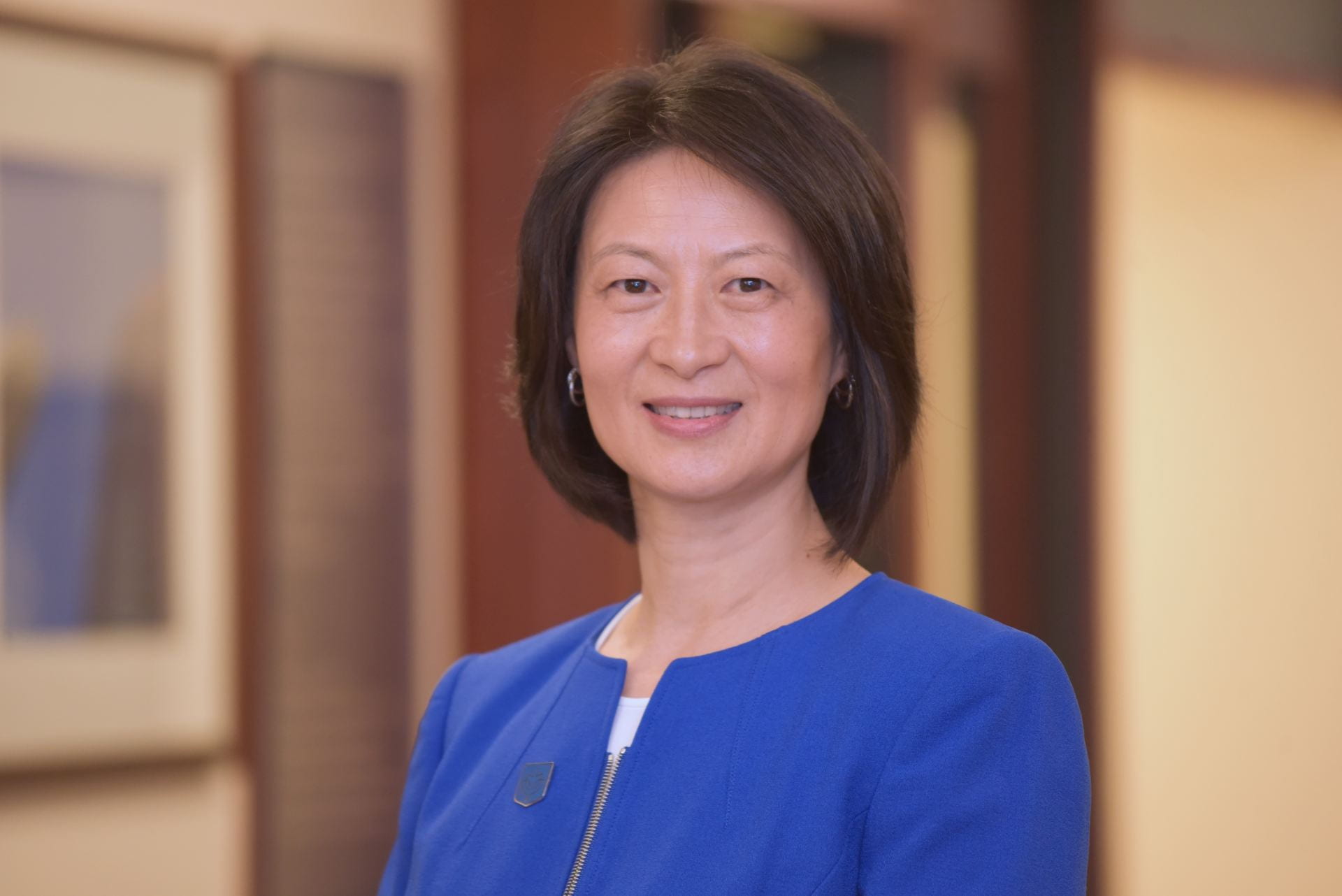Next month I will have the honor of presenting diplomas to our Class of 2023 business graduates, the culmination of a whirlwind academic year in which our college community made great progress in addressing what must be done to advance the DePaul mission. We started...
Collaborations that Empower Student Success
I arrived in Chicago in late June after a 15-hour drive from the East Coast with one of my sons. As we approached the city on I-90, the Chicago skyline came into view, and I became quite emotional. I had been anticipating this moment since my appointment as dean was...
Business Education Reimagined
This July the Driehaus College of Business will welcome Sulin Ba, the Treibick Family Endowed Chair in information technology at the University of Connecticut, as our new dean. Professor Ba and I are working closely on a leadership transition that supports the...

